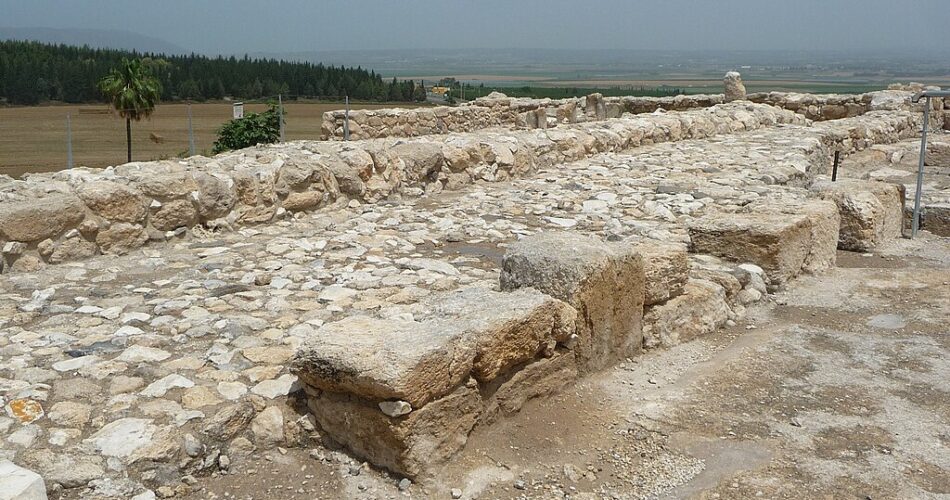They dug up proof.
Archaeologists have uncovered new findings that lend support to the biblical narrative of the Battle of Megiddo, a conflict described in the Old Testament as leading to the death of King Josiah. This battle, detailed in the books of 2 Kings and 2 Chronicles, is a significant moment in biblical history. King Josiah is depicted as a devout ruler who worked to eliminate idolatry in Israel and reinstated the observance of religious traditions such as the Passover.
According to biblical accounts, King Josiah confronted Pharaoh Necho of Egypt, who was passing through with his army en route to engage another enemy at Carchemish. Despite Necho’s message that he had no intention of fighting Josiah, the two forces clashed. During the confrontation, Josiah was fatally wounded by an archer, marking the end of his reign. His legacy is praised in 2 Kings, which states that no king before or after him was as committed to following the law of Moses.
Recent archaeological work has brought to light pottery fragments near the site of the ancient battle, dating to the same time period—around 609 BC. These findings include Egyptian pottery, suggesting the presence of Egyptian forces in the region during that era. This evidence aligns with the historical context provided in the biblical accounts.
In addition to Egyptian artifacts, researchers also discovered Greek pottery. According to Israel Finkelstein, an archaeologist affiliated with both the University of Haifa and Tel Aviv University, the Greek ceramics likely indicate the presence of Greek mercenaries, who were often employed by Egyptian armies during that time. This discovery provides further historical context and lends credibility to the ancient records surrounding the Battle of Megiddo.
